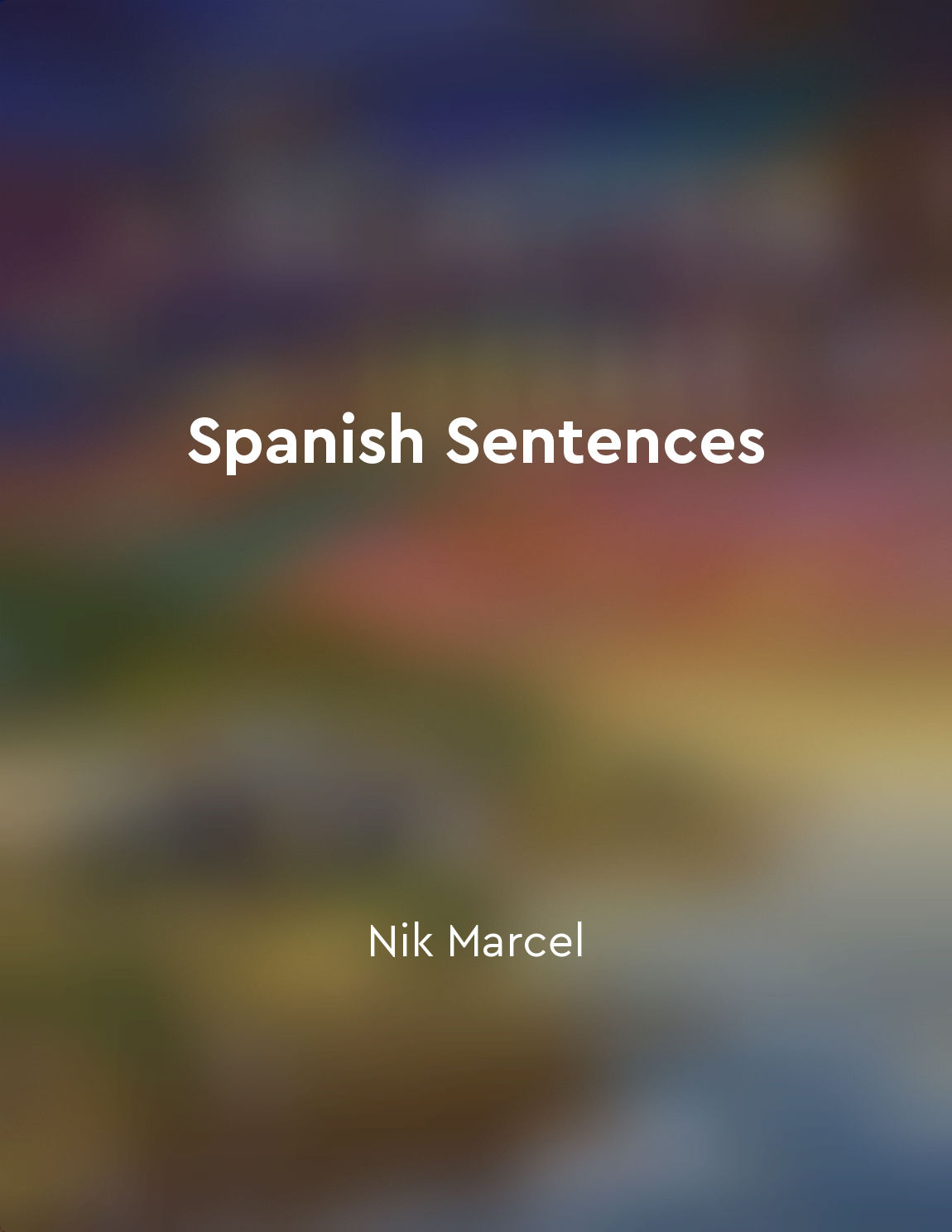The past tense is used for actions completed in the past from "summary" of The Everything Spanish Grammar Book by Julie Gutin
In Spanish, the past tense is used to talk about actions that were completed in the past. This tense allows us to describe events that happened at a specific point in time or over a period of time in the past. There are different past tenses in Spanish, including the preterite and the imperfect. The preterite tense is used to talk about actions that were completed at a specific point in time in the past. For example, "I ate breakfast this morning" would be translated to "Yo desayuné esta mañana" in Spanish. The preterite is often used for actions that have a definite beginning and end. On the other hand, the imperfect tense is used to describe actions that were ongoing or repeated in the past. This tense is often used to set the scene or provide background information in a s...Similar Posts
Incorporating feedback for continual verb improvement
It is essential to seek feedback from others to enhance your Spanish language skills. Feedback provides valuable insights into ...

Conjunctions connect ideas within sentences
Conjunctions are words that connect ideas within sentences, allowing for a smooth flow of information and logical progression o...
Offering congratulations and condolences
When someone you know is celebrating an achievement or a special occasion, it's important to show your support and happiness fo...
Practice common phrases for various situations
In order to become fluent in Mexican Spanish, it is essential to practice common phrases for various situations. These phrases ...

Practice essential vocabulary for daily interactions
To communicate effectively in Spanish in everyday situations, it is crucial to have a good grasp of essential vocabulary. This ...
Helps build vocabulary and improve comprehension
This collection of short stories is designed to help you expand your vocabulary and enhance your understanding of the Spanish l...

Direct and indirect objects in Spanish change the meaning of sentences
The presence of direct and indirect objects in Spanish can significantly alter the meaning of a sentence. These objects play a ...
Offers opportunities for language practice
Each story in this collection provides a unique opportunity for readers to practice their language skills in a meaningful conte...
Interjections express emotion
Interjections are words or phrases that express emotion. They can show surprise, joy, frustration, or any other feeling you mig...
